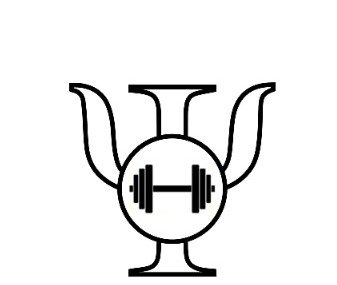Maximising Health: gender unique training & nutrition needs
1. Resistance Training
Resistance training approaches can vary for men & women based on their age & goals. For younger women, training to failure can help increase strength & hypertrophy, while older women should focus more on strength training with heavier weights & leaving some repetitions in reserve. As women age, emphasising strength training becomes crucial for neural growth patterns, cognitive function & longevity. Men tend to age more linearly, while women experience a significant change in their late 40s & early 50s during perimenopause, necessitating a shift towards heavier lifting & central nervous system conditioning to prepare for the changes in hormone levels & potential soft tissue injuries.
2. Intermittent Fasting & Time-Restricted Eating
Intermittent fasting & time-restricted eating can have different impacts & efficiencies on men & women. For active women, fasting can be detrimental due to their higher oxidative fibers, leading to increased stress & cortisol levels. Some studies show evidence that women may not be able to hit high intensities without fuel compared to men of similar control groups, affecting post-exercise responses. Men, on the other hand, may fare better in a fasted state due to their different metabolic needs. Women may benefit more from fueling according to their circadian rhythm & specific hormonal fluctuations.
Recent research highlights some potential differences & requirements relating to post-workout nutrition for men & women. Men generally have a longer window (up to 3 hours) to consume recovery nutrition after a workout, with women being recommended to consume adequate protein & carbohydrates closer to 60 mins after training to reap similar muscle synthesis & recovery benefits.
3. Sleep Needs
Women generally need more sleep than men due to hormonal fluctuations throughout their lives, including during the menstrual cycle, pregnancy & menopause. These changes can lead to sleep disturbances like insomnia & restless leg syndrome, making it harder for women to get restorative sleep. Additionally, women often experience lighter sleep, making them more susceptible to disruptions during life stages like pregnancy & menopause. Sleep quality can be significantly impacted by issues associated with these stages. As a result, women may benefit from tailored sleep routines that address these unique challenges.
